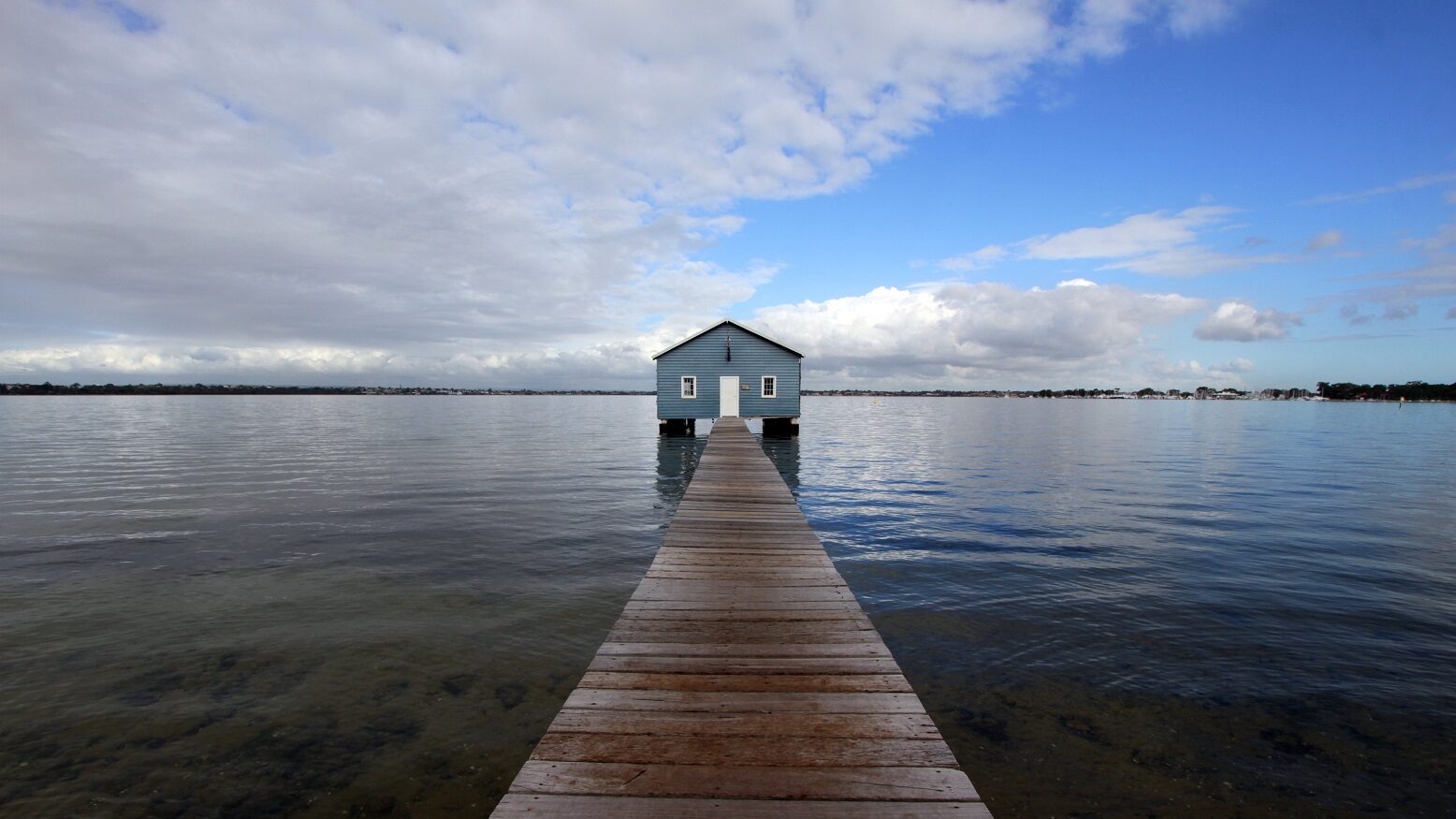This Random Bible Verse comment hit the web on March 8, 2013.
Jesus answered and said to her, “If you knew the gift of God, and who it is who says to you, ‘Give Me a drink,’ you would have asked Him, and He would have given you living water.”
—John 4:10
This statement, of course, is spoken to the woman at Jacob’s Well in Sychar, a city of the Samaritans. Jesus had come to the well, and against tradition, asked her, a Samaritan woman, for a drink of water from the well. Rather than comply with His request, she questions it, wanting to know why He, being a Jew, would ask such a thing. “For,” as verse 9 explains, “Jews have no dealings with Samaritans.”

We could say that Jesus answers her question, but not in the way she may have expected. His reply can be boiled down to, “But I’m no ordinary Jew. I have a gift to give of which you have no clue.” Yet, He says so much more than that, and from her reply in verse 11, “Sir, You have nothing to draw with, and the well is deep. Where then do You get that living water?” we realize that she still had no clue as to what He was talking about.
There is a mild rebuke in what Jesus says to her as well. He had asked her for water, yet she had hesitated, questioning His motives. But He says that, if she had asked Him for a drink of the living water that He could give her, He would have done as she had requested, no questions asked! It shows the marked difference between humans and God. When someone asks a favor of us, we immediately want to know why and “What’s in it for me?” But when we ask God for help or a blessing, He is happy and willing to bestow it—and certainly if it is something as spiritually beneficial to us as this living water!
Admittedly, the woman had no background to understand the leap that Christ had made, going from physical well-water to spiritual living water. Like Nicodemus in chapter 3, the woman’s mind was stuck in the physical world. To her, “living water” was refreshing spring water bubbling up from the ground. The well that she and Jesus were standing next to had a spring at its source, but it was in no way a fountain. The freshest water lay deep in the well where their buckets could not reach. So she asks, “How are You going to fetch that water?”
She had no spiritual foundation to realize that the living water that Jesus offered her was within Him. It was an offer of the Holy Spirit and eternal life, which He later describes as abundant as a flowing river (John 7:38). We should also not forget that Jesus begins His reply with the words, “If you knew the gift of God.” There is a double meaning here as well. The Holy Spirit and eternal life are gifts of God, but His phrasing, linking “the gift of God” with the next phrase, “and who it is who says to you, ‘Give Me a drink,’” suggests that He wants us to understand that He Himself is the gift of God.
He does not elucidate on this wonderful revelation, and in fact, this phrase is mentioned nowhere else in the gospels. But the idea appears frequently in the sense of John 3:16, that the Father gave His only begotten Son so that believers among humanity could have everlasting life. Jesus Christ is the greatest gift that the Father could give, His only beloved Companion for all eternity, and in that sacrifice, all other gifts—including grace, the Holy Spirit, salvation, and eternal life—became possible.
So, do we know the gift of God? Does His “living water” abide in us to refresh us and flow out in service to God and other people? “For the Father is seeking such to worship Him” (John 4:23).
